With our guide, learn what plants are safe for your pets.
Houseplants have so many benefits to humans. They can purify our air by taking in carbon dioxide and releasing oxygen. And some can improve our mood as they can help lower cortisol (the stress hormone).
But sadly, some plants can be dangerous to our furry friends. These can be toxic or even life-threatening if ingested by your pet.
The last thing you’d want is your beloved companion suffering and becoming seriously unwell. That’s why it’s best to avoid poisonous plants altogether.
Thankfully, there are many cat and dog-friendly plants out there that will not harm your pet. However, if eaten in large quantities, even the safest plant can cause a tummy upset, so it’s best to keep all plants out of paws’ reach if possible.
Here are ten dog and cat-safe plants and flowers approved by PDSA vets that you can safely have at home that won’t cause serious harm to your furry friend.
1: American rubber plant (Peperomia obtusifolia)
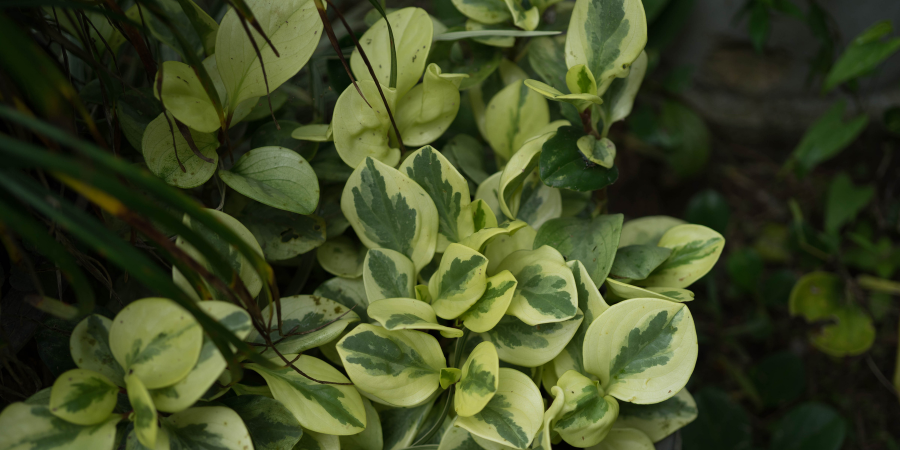
This plant has many names, but most will recognise it as an American rubber plant or baby rubber plant. This non-toxic plant comes in several different varieties but tends to have thick and waxy leaves. Like most common houseplants, it prefers a humid environment but be sure to keep it out of direct sunlight.
2: Bottle palm (Beaucarnea recurvata)
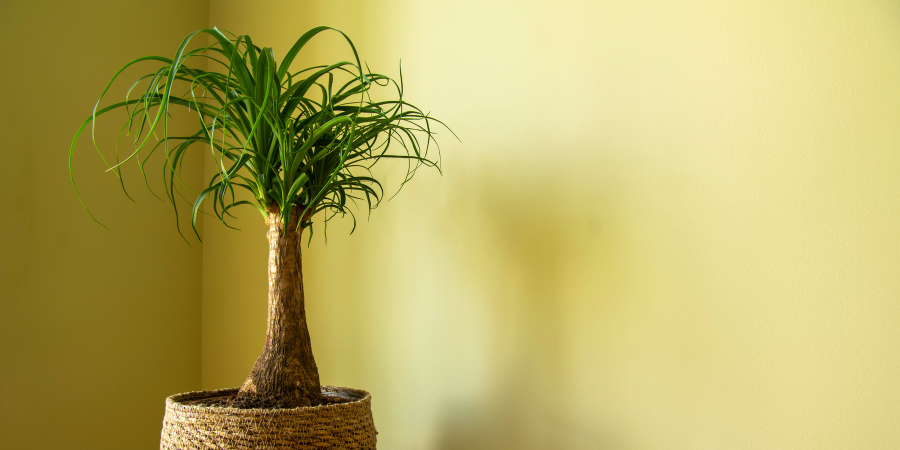
If you are looking for a low maintenance plant, then the bottle palm might be the house plant for you. Ponytail palm plants, also known as bottle palm plants, have a funky shape and only require watering occasionally, which makes it the perfect plant for beginners.
3: Rattlesnake plant (Calathea/Goeppertia insignis)
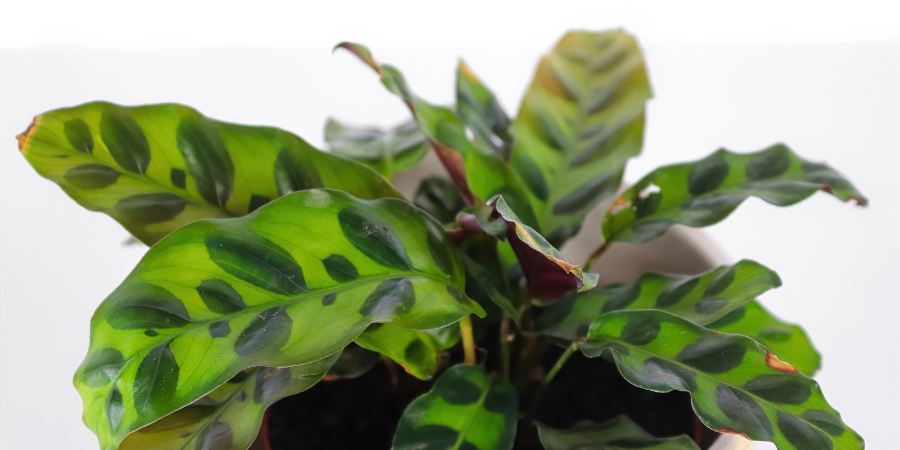
For plant lovers looking for a bit of a challenge, the rattlesnake plant could be the perfect addition to your home. This plant, originally from Brazil, needs the perfect combination of warmth, light, and moisture to grow well in its environment. But it’s safe to say it’s worth the work to get a vibrant-looking plant featuring shades of green, purple and red. It’s the ideal pet-friendly plant for seasoned plant lovers.
4: Sunflowers (Helianthus angustifolius)
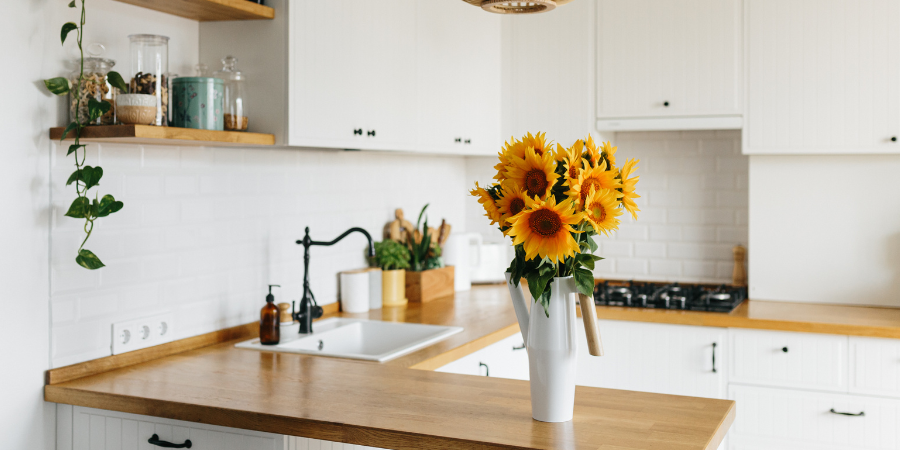
For a flower that will brighten up your home, consider summer sunflowers. These are beautiful flowers that can bring a little sunshine into your house. Although not toxic, it's best to keep your pet from eating sunflowers to avoid upsetting their stomach.
5: Pot marigold (Calendula officinalis)
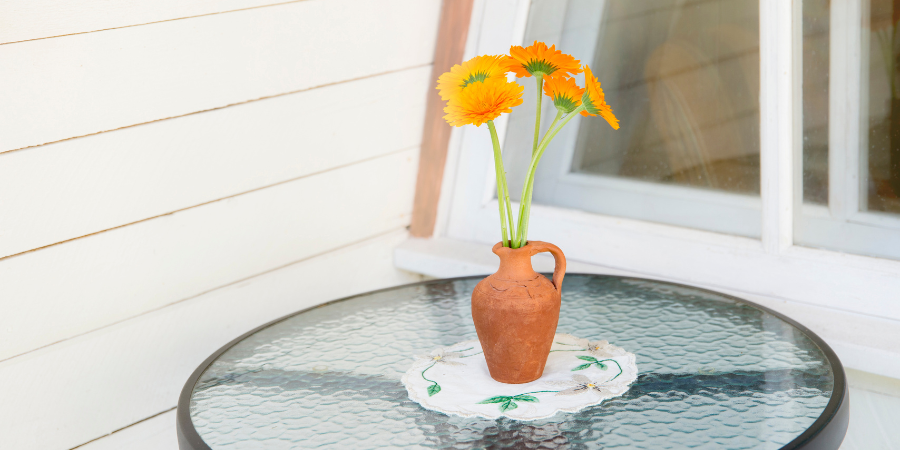
Just like sunflowers, pot marigolds will be a ray of sunshine in your home. These colourful beauties make wonderful houseplants, but only if you ensure the potting mix contains no chemicals or fertilizers. Pot marigolds are dog and cat-safe plants, but make sure not to confuse them with French or tagetes marigold plants as these are poisonous to pets. Be sure to contact your vet if you think they’ve eaten these.
6: Spider plant (Chlorophytum comosum)
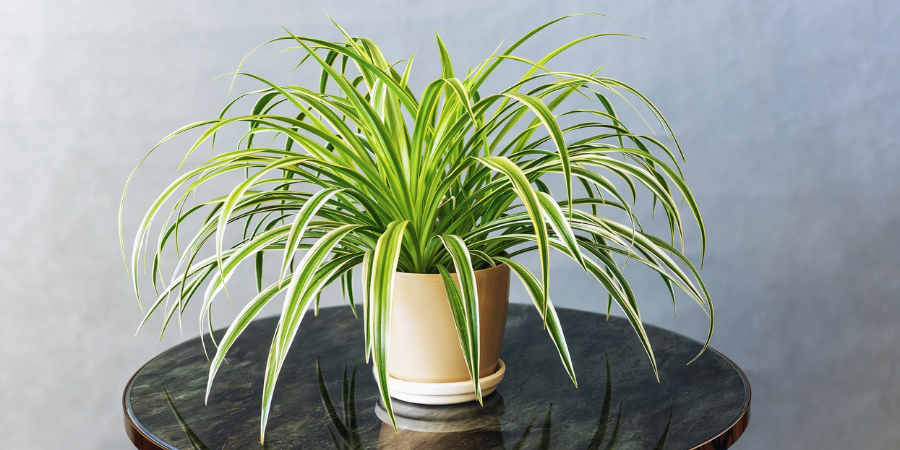
These are popular plants for beginners because they are low maintenance. Spider plants are easy to grow indoors and extremely hard to kill. They are also known for their ability to purify air, so they will also clean toxins in your house. Your furry friends may want to nibble on these plants as well, but too much will make them unwell, so keep an eye out and put your plants out of reach.
7: Money tree plant (Pachira aquatica)
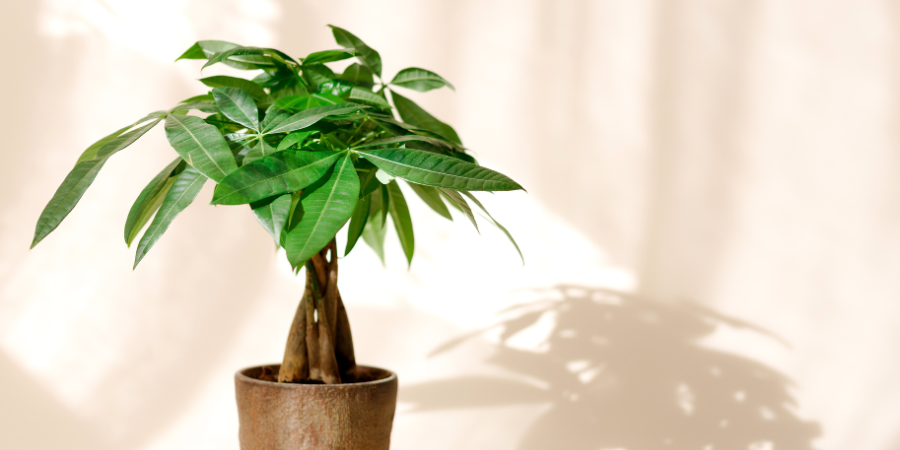
Many people believe that money tree plants can bring good luck and fortune. Thankfully they are also dog and cat-safe plants! That’s why they can also make amazing housewarming gifts for friends and family who have furry friends. But be sure to keep it out of reach of pets’ reach as the leaves and trunk might look inviting to your furry friend.
8: Wax Plant (Hoya carnosa)
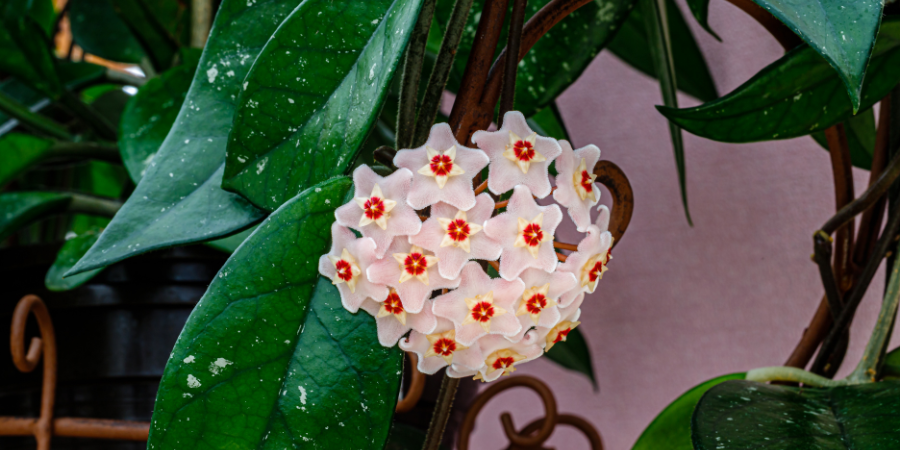
This tropical indoor plant is a classic. It creates beautiful, white flower clusters which contrast nicely with the dark green leaves. Wax plants thrive in bright, indirect sunlight in well-draining soil. Plus, it's a climber, so be sure to put it somewhere it can grow. If your pet finds this gorgeous plant intriguing, don't worry, as it's not toxic. However, it may cause your furry friend to have an upset tummy, so make sure that they don’t eat it as a snack.
9: Panamiga (Pilea involucrata)
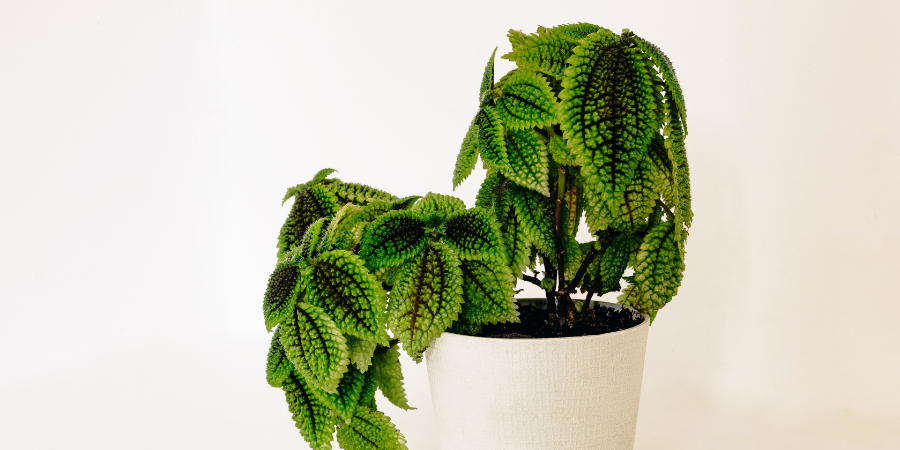
Panamiga is an ideal houseplant for beginners as it's easy to care for. Some people even call it the "friendship plant" because you can grow new ones from leaf clippings. This makes them a perfect pet-friendly plant to share with friends and family so they can have their own too.
10: Venus fly trap (Dionaea muscipula)
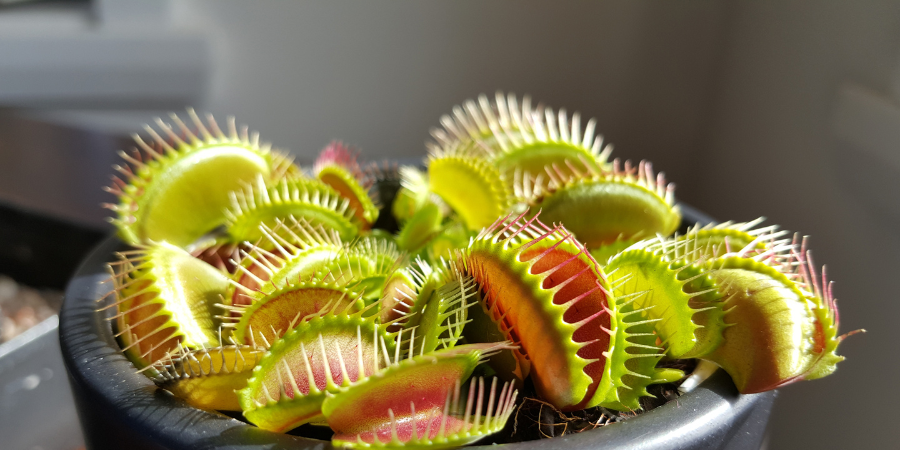
While Venus fly traps use a poisonous substance to trap and digest their prey, it’s only harmful to bugs - this plant won’t eat your pets like they do flies! Because of this, they make excellent house companions and may help rid your house of unwanted pests.
So, brighten up your house with any one of these non-toxic plants and flowers. Note that this list isn’t extensive and there are more indoor cat and dog-friendly plants out there. Just be sure not to get any poisonous plants for your home if you have a furry friend living there.
If you think your pet has eaten something they shouldn’t have, get in touch with your vet straight away.
To learn what plants and flowers are poisonous to pets, read our full guide here.
